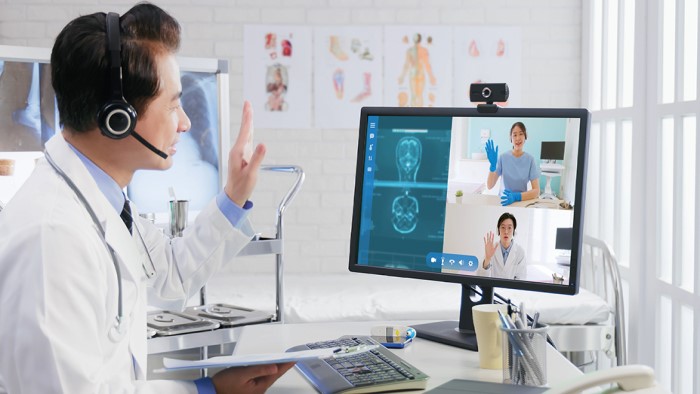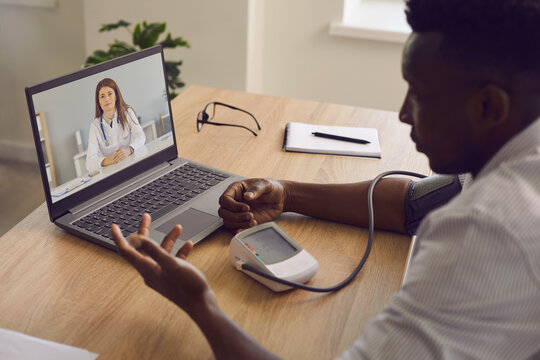Virtual Assistant Services for Medical Practice:

Virtual assistant services for medical practice help gastroenterologists handle administrative work. Many doctors spend hours on paperwork and scheduling. This takes time away from patient care. Virtual assistants take over these tasks. They help doctors focus on their medical responsibilities.
Administrative Challenges in Gastroenterology
Gastroenterologists diagnose and treat digestive diseases. Their work requires consultations, tests, and ongoing patient care. Administrative tasks take up a large part of their schedule.
A report by the American Medical Association (AMA) states that physicians spend about 50% of their workday on administrative tasks. This reduces the time they have for patients.
Common administrative tasks include:
- Scheduling and confirming appointments
- Verifying insurance and processing claims
- Transcribing and updating patient records
- Managing prescriptions and refills
- Handling billing and medical coding
With help from virtual assistant healthcare, physicians can assign these tasks to trained professionals. This improves workflow in a medical office.

How Virtual Assistants Help in Gastroenterology
A virtual assistant for physicians does more than basic clerical work. They use technology to manage daily operations. Their support helps reduce the burden on doctors.
1. Appointment Scheduling and Patient Communication
Missed appointments cause financial losses. Scheduling mistakes lead to patient frustration. A medical virtual assistant services provider books appointments and sends reminders. They also handle rescheduling when needed. This helps doctors maintain an organized schedule.
2. Medical Record Management
Electronic health records (EHRs) must be accurate. They need to be updated regularly. A virtual medical personal assistant transcribes patient notes. They update records and enter data correctly.
3. Insurance and Billing Support
Insurance claims and medical billing require accuracy. Mistakes in documentation lead to delays and lost revenue. A virtual assistant checks medical codes and submits claims. They also track payments and follow up on unpaid claims.
4. Prescription Assistance and Follow-Ups
Patients need to take medications as prescribed. This is important for conditions like Crohn’s disease and irritable bowel syndrome (IBS). A virtual assistant for physicians manages prescription refills. They also verify medication history and send reminders.
5. Support for Telemedicine
Many medical offices now use telehealth. A virtual assistant helps with online appointments. They collect patient information before visits. They also assist with follow-ups after consultations.
Cost Savings with Virtual Assistants
Hiring full-time administrative staff is expensive. The Medical Group Management Association (MGMA) reports that a medical receptionist earns $34,000 per year. This does not include benefits and other costs.
Virtual assistant services for medical practice offer a cost-saving alternative. They provide the same support at a lower cost.
| Role | In-House Cost | Virtual Assistant Cost | Savings |
| Medical Receptionist | $34,000/year | $10,000–$15,000/year | 50–70% |
| Medical Billing Specialist | $40,000/year | $12,000–$18,000/year | 55–70% |
| Medical Transcriptionist | $38,000/year | $8,000–$12,000/year | 60–75% |
These savings help doctors invest in medical tools. They can also improve patient services without increasing costs.
Choosing the Right Virtual Assistant
Not all virtual assistants have the same skills. A good Remote Admin Assistant must have experience in medical office work. They should also know how to handle sensitive patient data.
An experienced virtual assistant healthcare provider should have:
✔ Knowledge of EHR and billing systems
✔ Training in HIPAA compliance
✔ Strong communication skills
✔ Ability to assist with telehealth services
Doctors who choose the right virtual assistant can reduce their workload. They can also avoid errors in medical records and billing.

The Future of Virtual Assistant Healthcare
Technology is changing how medical offices function. Medical virtual assistant services now include tools that help manage patient care. Some new trends include:
1. AI Chatbots for Patient Inquiries
Chatbots answer patient questions. They help with appointment requests. They can also provide symptom assessments.
2. Voice Recognition for Medical Notes
AI-powered transcription tools convert speech into text. This allows doctors to dictate notes. It also reduces manual documentation.
3. Predictive Patient Management
Machine learning tools analyze patient data. They predict no-shows. They also detect high-risk cases and organize scheduling.
New tools make virtual assistant healthcare services more useful. They help doctors manage their workload more efficiently.
Why Gastroenterologists Need Virtual Assistants
Gastroenterologists treat more patients each year. Virtual assistant services for medical practice help doctors manage their workload. Virtual assistants take care of daily tasks. This allows doctors to focus on medical care.
Frequently Asked Questions (FAQs)
1. What tasks does a virtual assistant perform in a gastroenterology office?
A virtual assistant for physicians schedules appointments and updates patient records. They also process insurance claims and manage prescriptions.
2. Are virtual assistants trained in HIPAA compliance?
Yes. Professional medical virtual assistant services follow HIPAA guidelines. They ensure that patient information stays private.
3. How much do virtual assistants cost compared to in-house staff?
A virtual medical personal assistant costs 50–75% less than hiring full-time staff.
4. Can virtual assistants support telehealth services?
Yes. A virtual assistant for physicians helps manage online appointments. They also assist with patient follow-ups and technical support.
5. How do virtual assistants improve patient care?
They handle paperwork and scheduling. This allows doctors to spend more time with patients.


